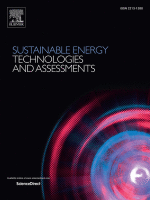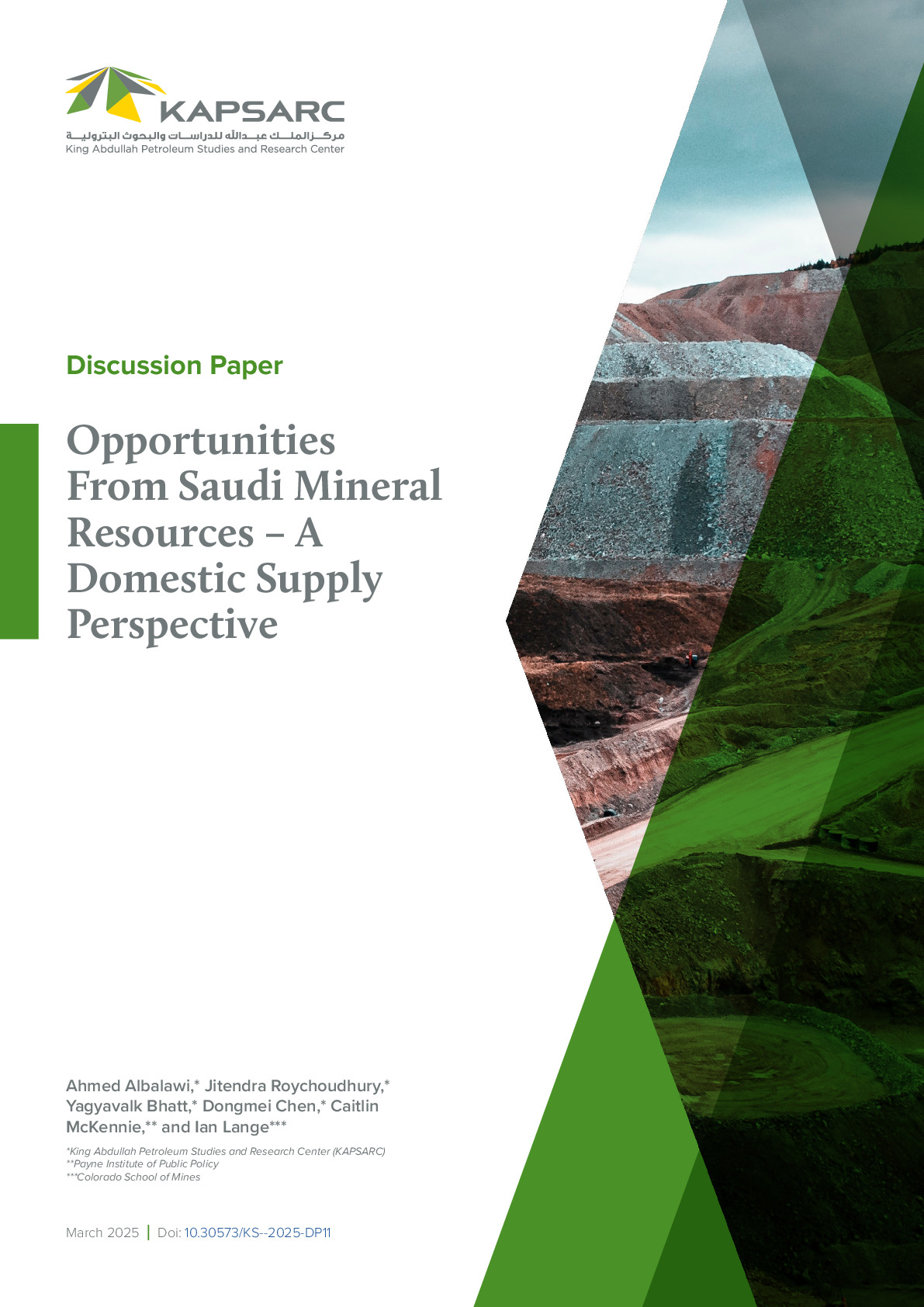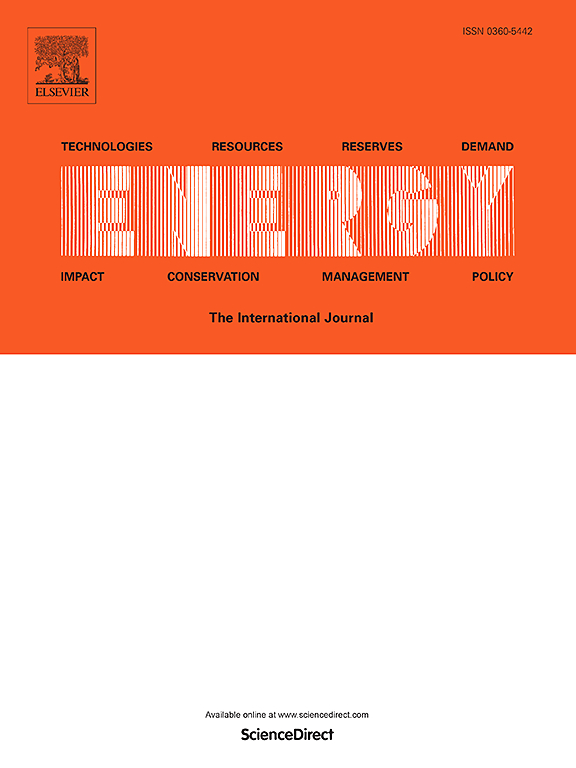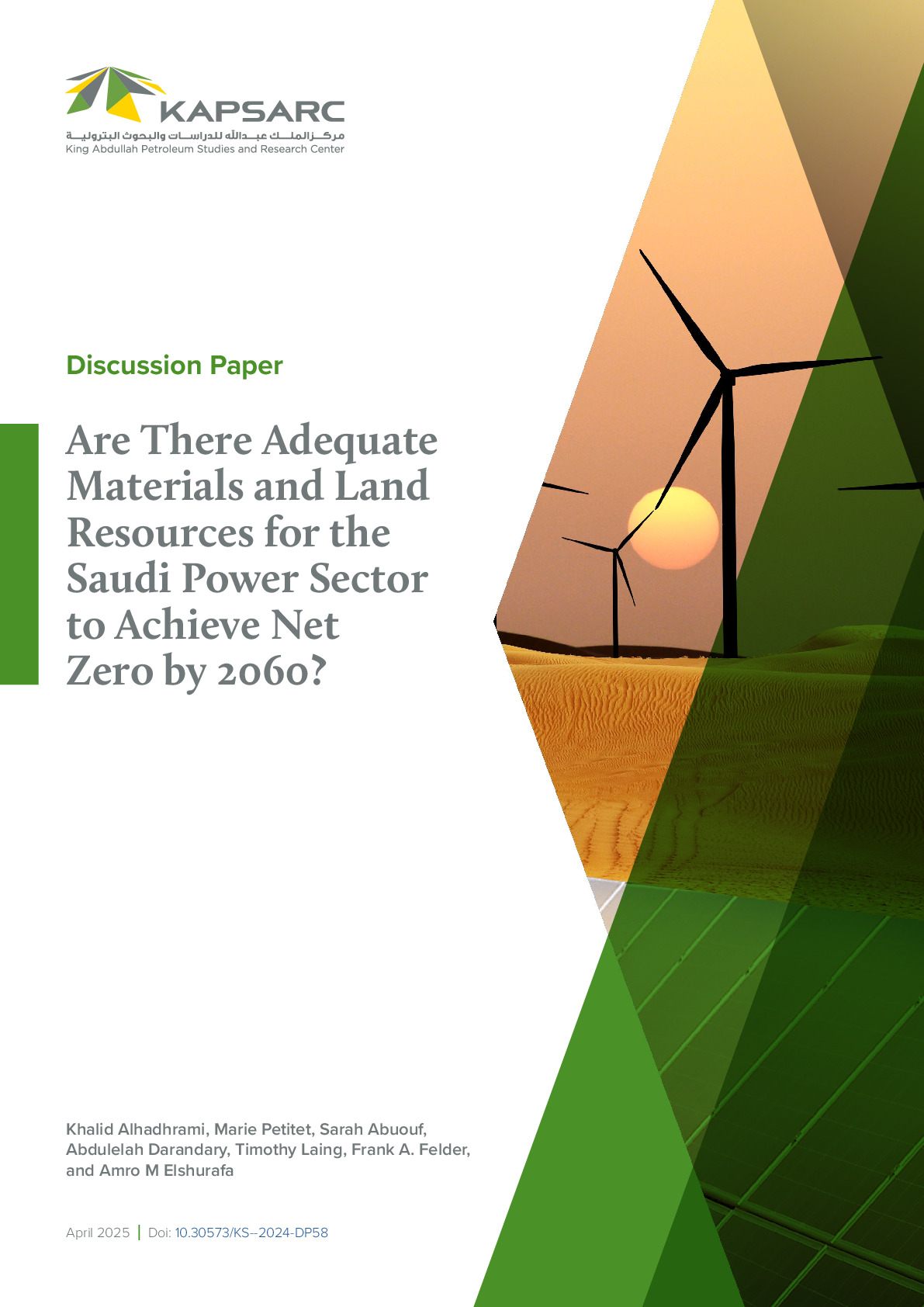The global shift to sustainable energy demands a comprehensive policy approach for an equitable transition, ensuring energy security and addressing rising energy needs. The G7’s urgency to phase out unabated coal-based power plants globally requires crucial financing of their retirement through transition financing mechanisms similar to the Just Energy Transition Partnerships and Energy Transition Mechanism . At the same time, challenges persist with the reliability of solar and wind energy due to their intermittency. In addition, dependency on limited geographies supplying renewable energy technologies highlights vulnerabilities in critical mineral supply chains. The G7 faces complexity in ensuring global energy security amidst enhanced geopolitical risks. However, with the implementation of the proposed solutions, there is a potential for significant positive change. Energy demand growth due to population growth, improvements in energy access, electrification, new technologies, and income growth rises ever higher despite gains from energy efficiency. This policy brief proposes solutions, including financing the retirement of unabated coal-fired power plants, incentivizing local content-based energy technology manufacturing, diversifying technology providers, and increasing electricity trading by developing common principles for electricity trading to support G7’s goals and extending these benefits globally.

Principal Fellow- Utilities & Renewables
Jitendra Roychoudhury is a Principal Fellow in the Utilities and Renewables program. His ongoing research portfolio at KAPSARC covers various…
Jitendra Roychoudhury is a Principal Fellow in the Utilities and Renewables program. His ongoing research portfolio at KAPSARC covers various global and regional economic, energy, and geopolitical issues, policy developments, and the impact of such policies on international energy markets. Before joining KAPSARC, Jitendra was Director and Chief Consultant at HDR Salva, India. He has worked extensively as a commodity consultant within India’s energy and infrastructure sectors, advising on developing commodity market entry strategies. He has authored and contributed to numerous consulting studies on coal and coal policy in India, Indonesia, and China. Jitendra has a bachelor’s degree in Mechanical Engineering from the University of Pune, India, and a Post-Graduate Diploma in Business Management from Welingkar’s Institute of Management, Mumbai.
Expertise
- Energy policy
- Energy markets
- Electricity markets
- Commodity markets
- Cross-border electricity trading
- Geopolitics of energy and commodity trading
- Coal and alternative solid fuels
- Hydrogen
- Critical minerals
- Supply and value chains
- Geothermal energy
Publications See all Jitendra Roychoudhury’s publications

Integrating Life Cycle Assessment and Avoid-shift-improve Frameworks for Sustainable Mobility Transition in India
The global shift to sustainable energy demands a comprehensive policy approach for an equitable transition,…
18th June 2025
Opportunities From Saudi Mineral Resources – A Domestic Supply Perspective
The global shift to sustainable energy demands a comprehensive policy approach for an equitable transition,…
21st March 2025



